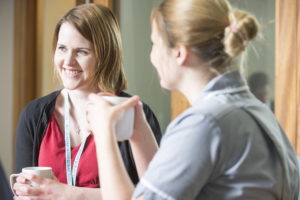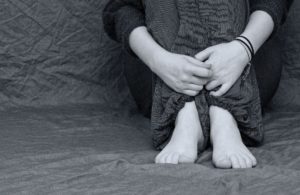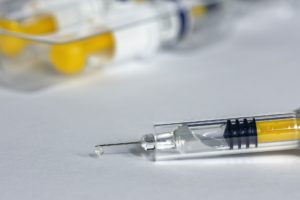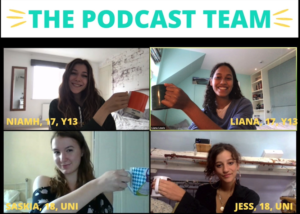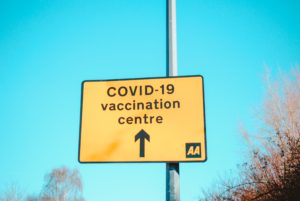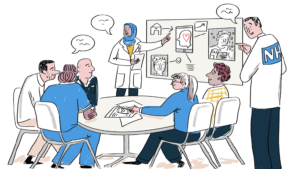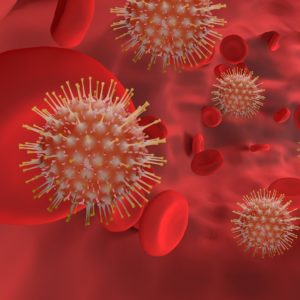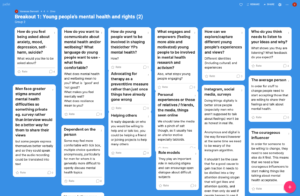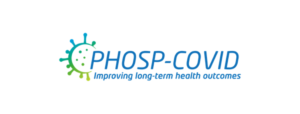As a result of research undertaken at the Oxford Health BRC, Oxford Health NHS Foundation Trust is changing the way it contacts patients about research. From the beginning of August…
NeurOX YPAG Virtual Work Experience Week 26–30 July 2021
Effect of the COVID-19 Pandemic on Eating Disorders
Ground-breaking treatment offers new hope for patients with persecutory delusions
New Senior Research Fellows named
Academic-Industry Meeting day (AIMday) launches new experimental medicine industry hub
Oxford Health BRC wins government funding for its CHRONOS project
Treating needle fears may reduce COVID-19 vaccine hesitancy rates by 10%
A new large-scale study shows that a quarter of the UK adult population screens positive for a potential injection phobia. Strikingly, these individuals were twice as likely to report that they were COVID-19 vaccine hesitant – that is, they would put off getting vaccinated or indeed never get the jab. The study indicates that if all injection anxiety in the population was removed then just over 10% of instances of vaccine hesitancy might disappear too.
COVID-19 and mental health – evidence-based guidance
Celebrating a year of involving young people with research
Living and dying with COVID-19: an ethical perspective is vital
Meet the NIHR Oxford cognitive health Clinical Research Facility
Messaging focusing on personal rather than collective benefits is more effective for COVID vaccination
Children and Adolescents’ Mental Health: a year of lockdowns
Parents and carers reported that behavioural, emotional and attentional difficulties in their children changed considerably throughout the past year, increasing in times of national lockdown and decreasing as restrictions eased and schools reopened, according to the latest Co-SPACE (COVID-19 Supporting Parents, Adolescents, and Children in Epidemics) study, led by experts at the University of Oxford and supported by Oxford Health BRC.
Whose values matter?
Risk of rare blood clotting higher for COVID-19 than for vaccines
COVID-19 survivors at risk of neurological and psychiatric disorders
The BeGOOD Early Intervention Ethics (EIE) research programme and young people’s communication preferences around their mental health
Creating an “adult-free space” to talk about their mental health – using the virtual space to encourage young people’s voices
Seven in ten patients hospitalised with COVID-19 not fully recovered five months after discharge
A majority of survivors who left hospital following COVID-19 had not fully recovered five months after discharge and continued to experience negative impacts on their physical and mental health, as well as their ability to work, according to results released by a major national study into the longer-term effect of the COVID-19.

